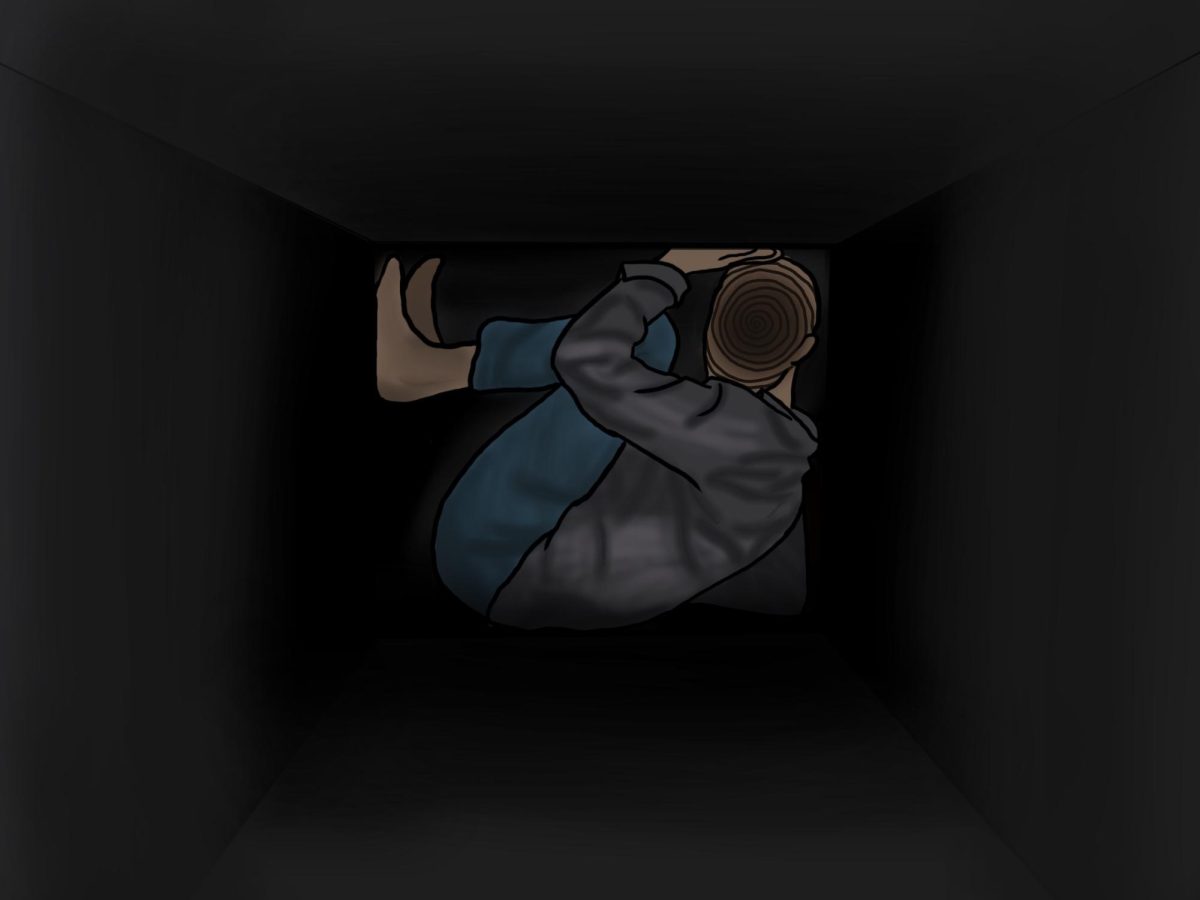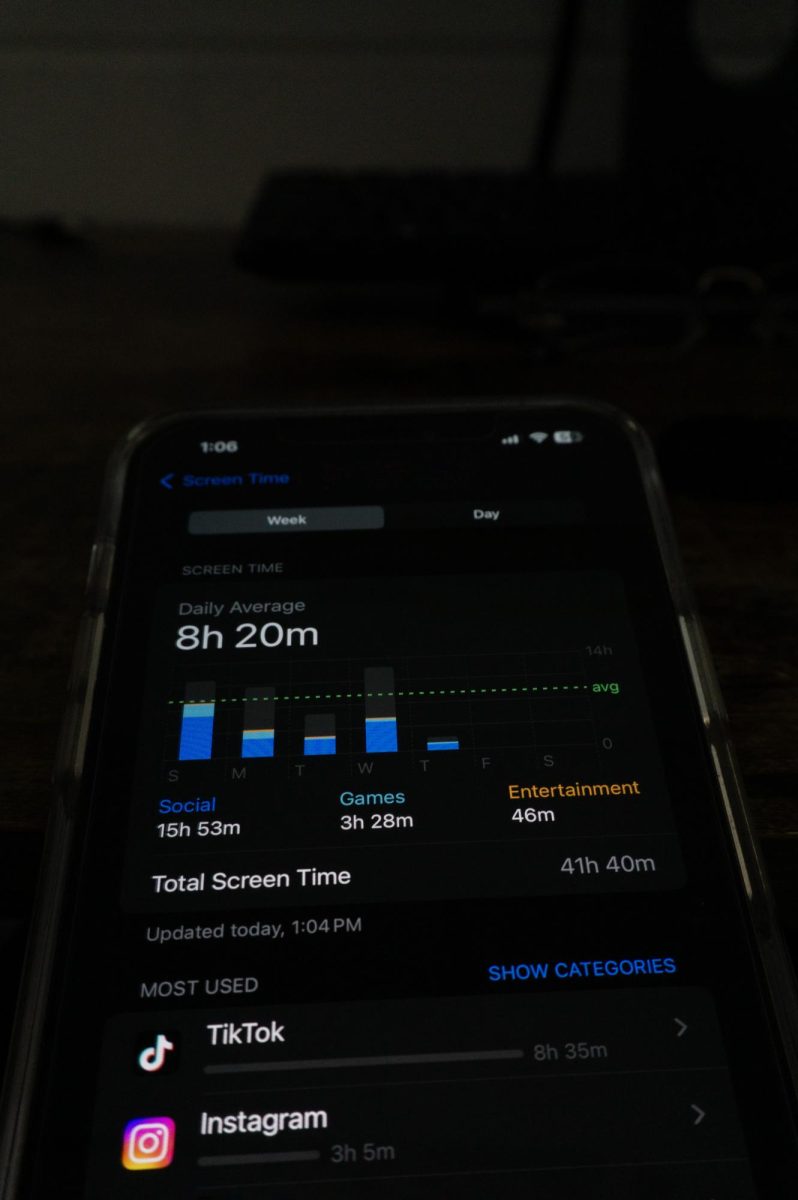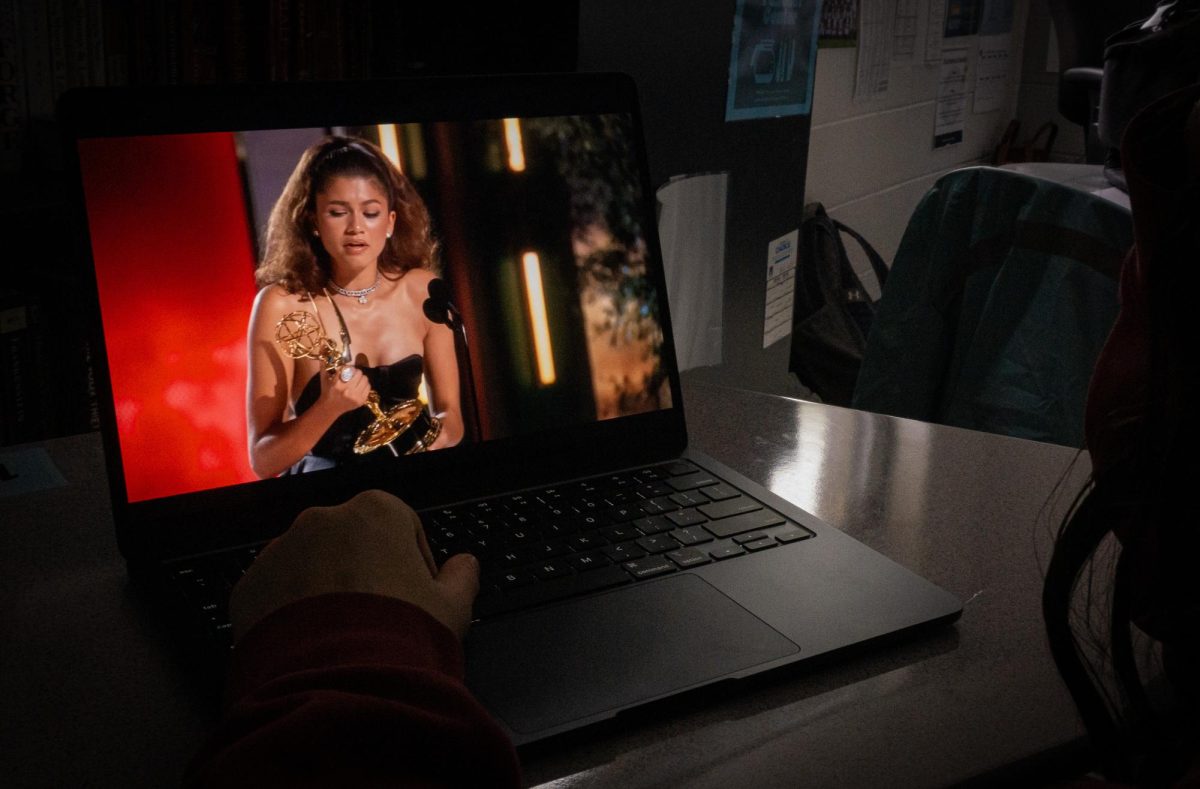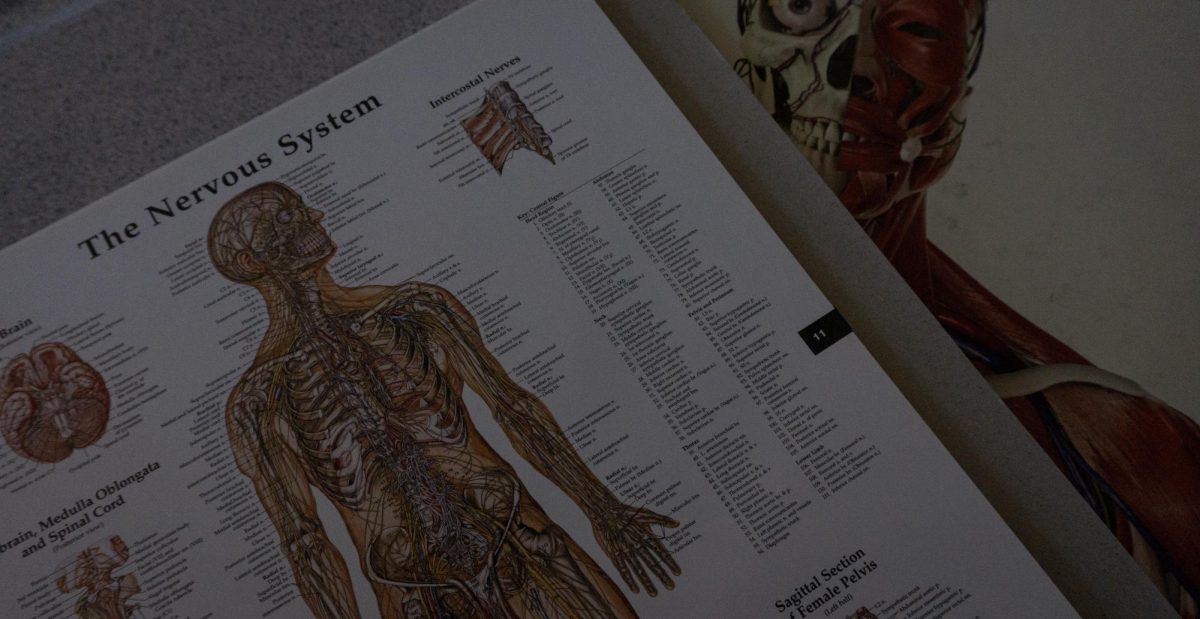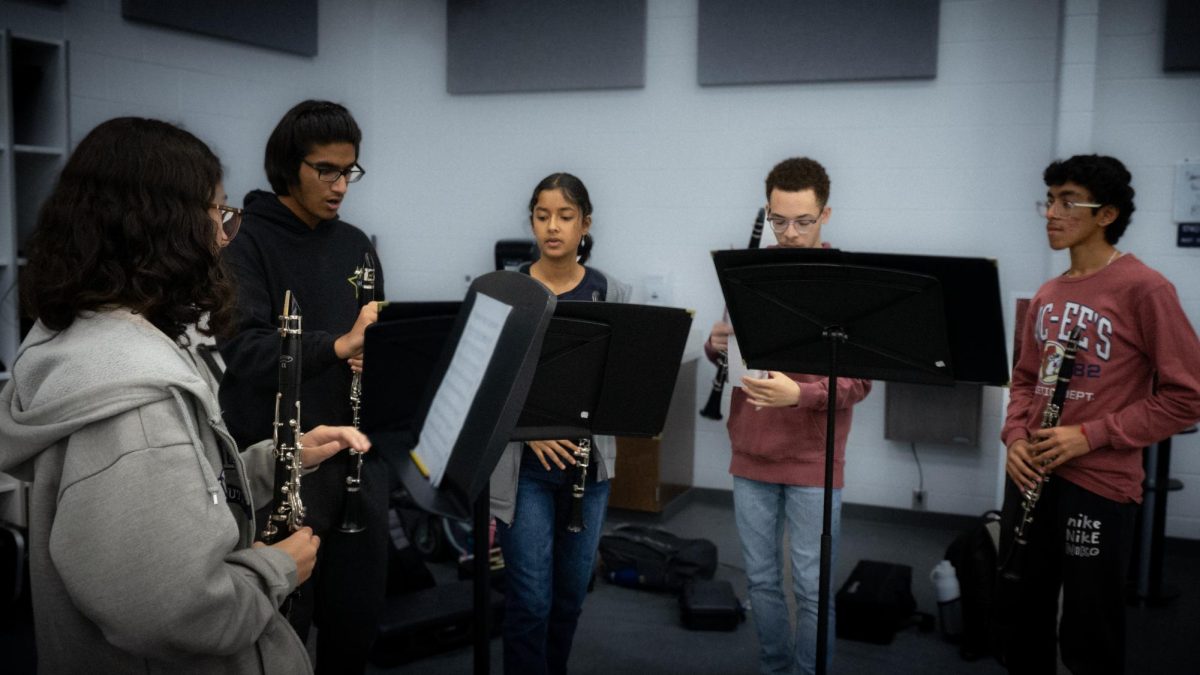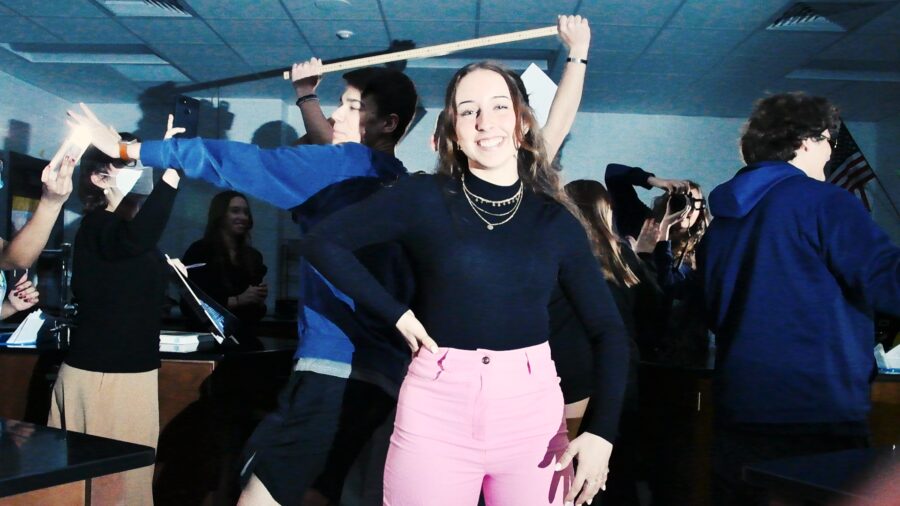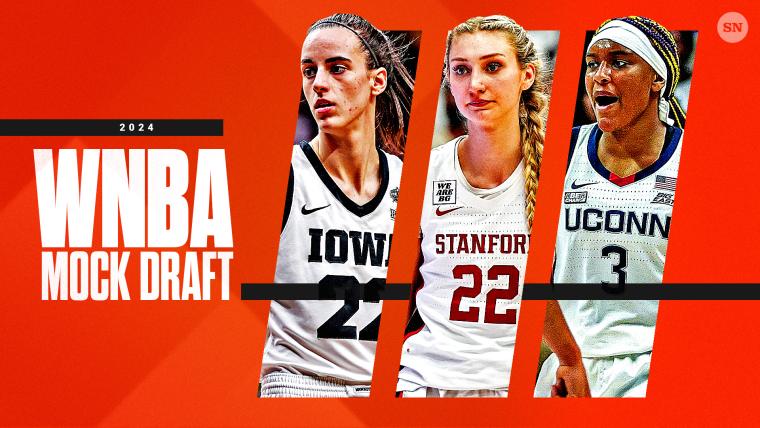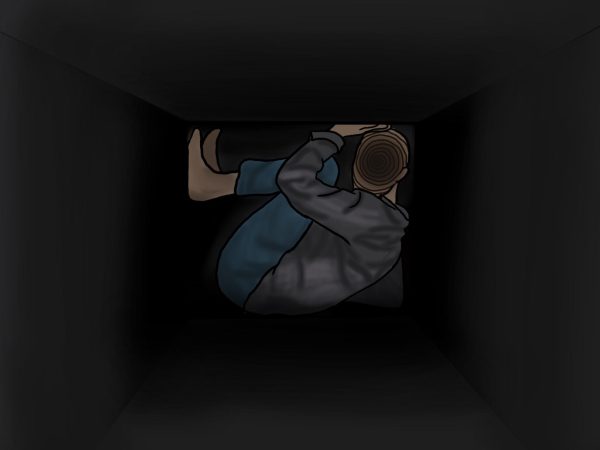Are We Moving Backward in Our Treatment of Mental Health?

If you chime in on a regular conversation with high-school students, a recurring theme may be negativity and self-deprecating humor. With mental health awareness receiving more attention, it’s important to acknowledge the subconscious joy some find in possessing negative feelings such as depression, anxiety, and others.
Stigmatization of mental illness has been a persisting problem within society over the past couple of decades—specifically from older generations. When a student presents signs of depression or anxiety, such as panic attacks or overall lack of motivation, they are seen as “lazy” or “dramatic.” But a shift in mindset can be noted in the new generations, as stigma has shifted to glorification. This shift mainly occurs due to media representation; TV-show characters suffering from mental illnesses are depicted differently on-screen compared to off-screen. Viewers who admire these characters often glorify the conventional parts of their personalities..
Anxiety and depression are depicted as “mysterious,” “edgy,” and “shy,” providing a gateway for impressionable viewers yearning to feel that it’ll gain them attention or a TV-like persona. Self-deprecation and self-harm has suddenly gone from “taboo” to “funny.” It’s now normal to purposefully harm one’s self-esteem and potentially trigger those around them. This sudden change in perception is everywhere, from our conversation to social media.
But the aim isn’t to argue whether idealization of mental illness exists or not.
The fact is that it is harmful to the progress society has made in destigmatizing mental illness. The lack of education we all have about mental illness damages those around us, as mental illness doesn’t become destigmatized anymore, it becomes romanticized.

Romanticization doesn’t capture the reality of anything, and its definition is to think of something as better or more exciting than it really is. With the issue at hand, this isn’t beneficial at all, as poor mental health is now seen as positive while it’s very damaging to those affected. This can be seen through an increase in actual mental health issues amongst our population, called the “copycat effect”. But what viewers may not realize is that mental illness isn’t a description that someone can simply attach and take off whenever they please, but is a serious condition that those affected cannot simply remove.
This lack of authenticity may make it harder for people struggling to reach out for help, as their feelings have now become a fascinating persona, and not an actual issue. While society has made progress in removing stigma, it’s important to acknowledge when the issue changes as well. Doing so not only protects those struggling with mental health issues, but brings society closer to reality regarding what they look like—providing more room for progress.

I’m a Zaxby's fries enthusiast entering her 4th year working in publication and journalism who would consider writing one of her favorite activities....

The barn is my second home with its dark tan facade, the outside glistening in the bright sun as I push the slightly broken doors open, the sound of our...















